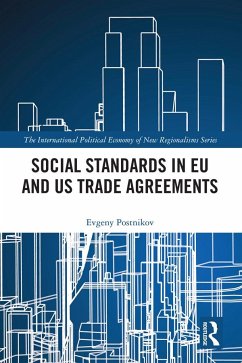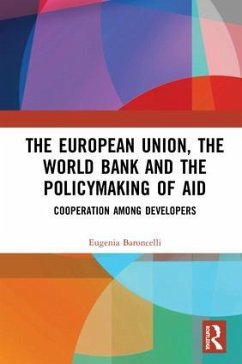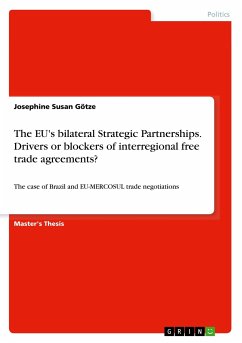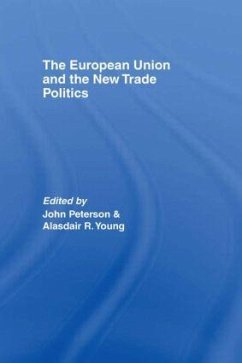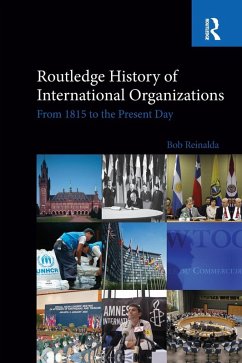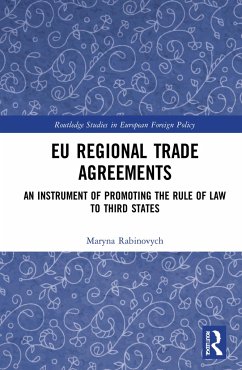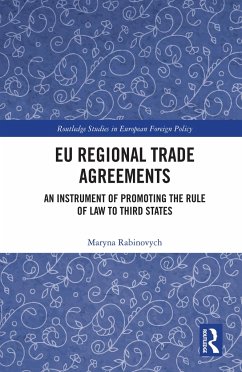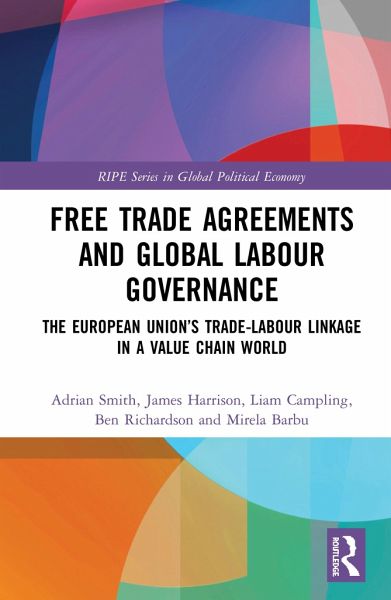
Free Trade Agreements and Global Labour Governance
The European Union's Trade-Labour Linkage in a Value Chain World
Versandkostenfrei!
Versandfertig in 1-2 Wochen
168,99 €
inkl. MwSt.
Weitere Ausgaben:

PAYBACK Punkte
84 °P sammeln!
Exploring the contentious relationship between trade and labour, this book looks at the impact of the EU's 'new generation' free trade agreements on workers. Drawing upon extensive original research, including over 200 interviews with key actors across the EU and its trading partners, it considers the effectiveness of the trade-labour linkage in an era of global value chains. The EU believes trade can work for all, claiming that labour provisions in its free trade agreements ensure that economic growth and high labour standards go hand-in-hand. Yet whether these actually make a difference to w...
Exploring the contentious relationship between trade and labour, this book looks at the impact of the EU's 'new generation' free trade agreements on workers. Drawing upon extensive original research, including over 200 interviews with key actors across the EU and its trading partners, it considers the effectiveness of the trade-labour linkage in an era of global value chains. The EU believes trade can work for all, claiming that labour provisions in its free trade agreements ensure that economic growth and high labour standards go hand-in-hand. Yet whether these actually make a difference to workers is strongly contested. This book explains why labour provisions have been profoundly limited in the EU's agreements with the CARIFORUM group, South Korea and Moldova. It also shows how the provisions were mismatched with the most pressing workplace concerns in the key export industries of sugar, automobiles and clothing, and how these concerns were exacerbated by the agreements' commercial provisions. This pioneering approach to studying the trade-labour linkage provides insights into key debates on the role of civil society in trade governance, the relationship between public and private labour regulation, and the progressive possibilities for trade policy in the twenty-first century. This book will appeal to research scholars, post-graduate students, trade policy practitioners, policy researchers allied to labour movements, and informed activists.





